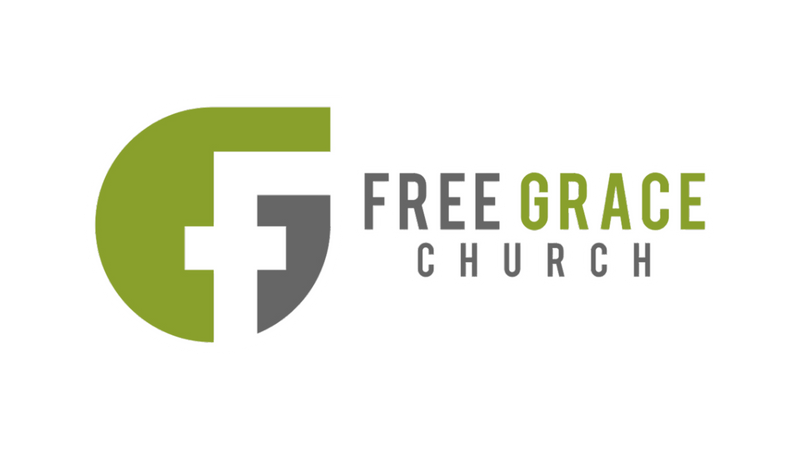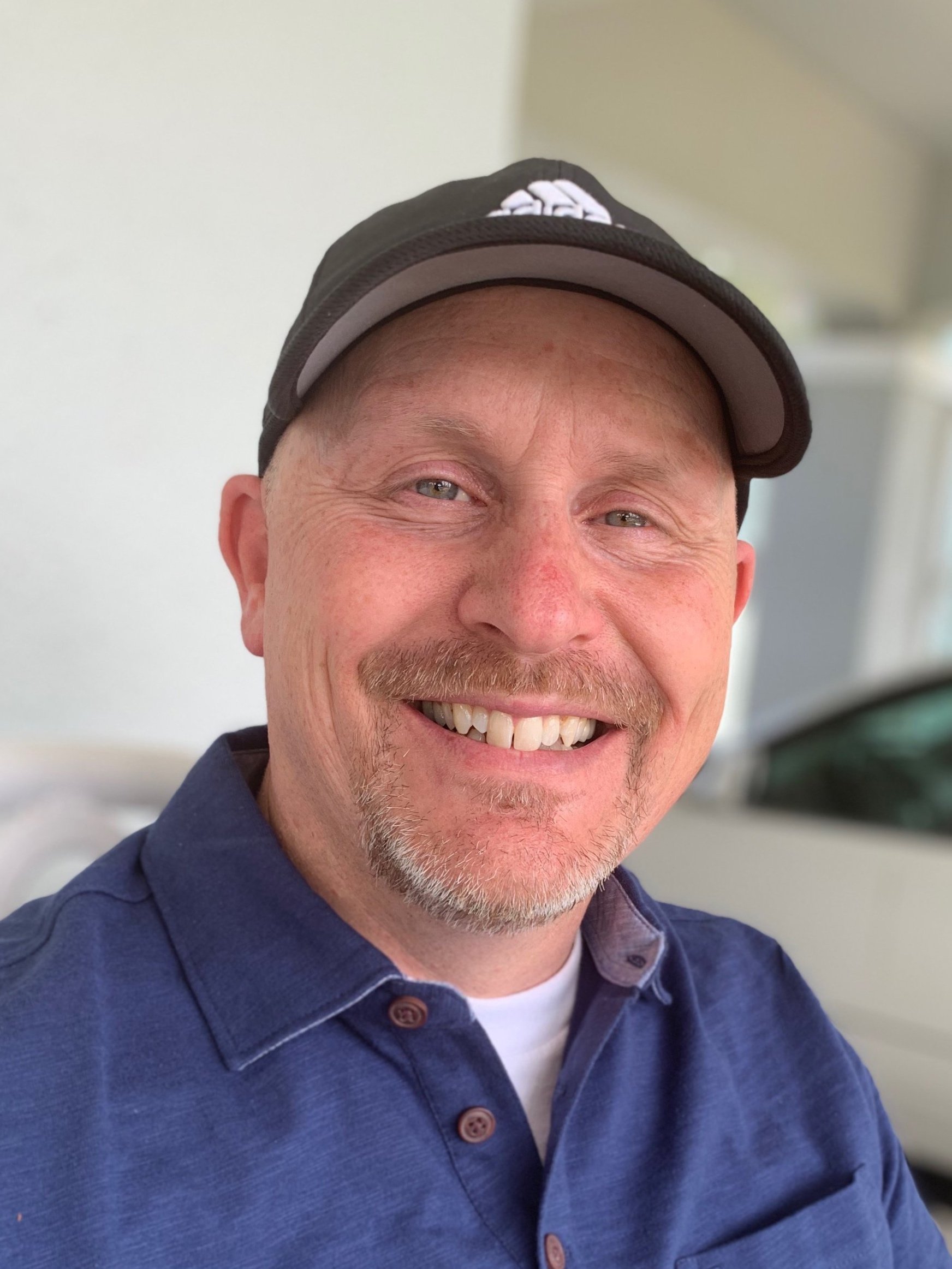Thoughts on Fear While Ministering at the Hacienda
/Empathy Not Sympathy
We recently had a time of testimony during a worship service about our outreach at the Hacienda (a recovery home for women coming out of addiction and incarceration). What stood out during this time was the great fear that many described they had to overcome. Following the service, Alice Witt offered some helpful insights on our obvious (and perhaps misplaced) “fears” when dealing with people in recovery from addiction and prison. There is a real danger of pride in thinking that we are "better" than they are. That because our sins are more respectable, we may become proud. And that some of our fear is related to this perception. I asked her to write out some thoughts for us, and with a few edits, they are below. They can help us take another step in learning how to love our neighbors in need.
People in recovery are frequently referred to as “those people.” You know, the scary ones with extra earrings, tattoos, extreme haircuts, and the lingering smell of nicotine. Their “sins” are obvious. The outward manifestations and consequences of their sin are visible to the world. Some of our sins are not so obvious, but the wreckage from all our sins is the same. And so is the price that Jesus had to pay for our redemption. ACTUALLY, I’m one of those people. Daily, I face the consequences of sin in my life.
Recovery really means learning how to live with and grow my scars, patterns of sin, and deepest struggles. “Those people” struggle with shame and trust issues at the core of their being. Trusting anyone could be dangerous. The answer for them is isolation and defensiveness. The antidote for shame is empathy, not sympathy. Empathy brings people together; sympathy can separate them. We may ask, what’s the difference? Actually, the terms are often confused. Empathy says, “Sister, I know. I struggle too.” Sympathy says, “I’m so sorry you struggle with that (inwardly thinking, “I’m so glad that’s not me”). We need to be loved in spite of the sin in our lives. We need to be loved by people who recognize that they too are deeply involved in heinous sin. All of us are “icky” and “messy."
When I think of working in recovery ministry I often feel self conscious because one of us is an outsider…probably me. The feeling is awkward because I wonder what I have to offer. If I have empathy, then what I may have to offer is a sense of hope. Hope because Jesus took my sin at the cross and He uses trials and temptations to make me more like Him. There is a real risk that we will be rejected by people in recovery if we bring the mentality of “doing good in the hood”. By this I mean doing anything that may make me feel good about myself because I helped out the heathen. We shouldn’t feel sorry for people we are trying to bring the message of hope to because feeling sorry causes shame. Unconsciously, this attitude can creep in when I think of ministering TO others. My efforts will be met with scorn if I somehow convey that my sin is not so bad as theirs. This is a ministry “with”, not ministry “to” people as we recognize our similarities not our differences… “brother I know. I’ve been divorced, drink too much, spend too much, use sarcasm, have had dishonest business dealings, cheat on my taxes, lie, steal, cheat, even Murder (there’s a new law in the land…).” In this ministry with our “brothers and sisters” in this brokenness, we must show them that we love them as they are, that we are no better than they are, and share with them the hope we have found in Jesus.
A number of years ago The Well Community Church found that when providing Christmas gifts for families who could not afford to buy Christmas gifts for their families, the father’s were conspicuously absent at the time of delivery. Inquiries led to the discovery that the fathers were feeling shame because they were not the ones providing gifts for their families. In subsequent years, church members continued to buy gifts but instead of delivering the gifts to the homes of each family, they used those gifts to stock their thrift store. Families were then invited to shop at the thrift store. Instead of avoiding the distribution of gifts, the father’s came and did the shopping. Instead of shame, they felt empowered as the providers for their families. Hope was instilled and shame healed.
Ministry to people in recovery must exude the attitude that we are each “one of those people.” I promise to love you in spite of your hurts, habits, and hang-ups. Will you love me, too, in spite of mine?





